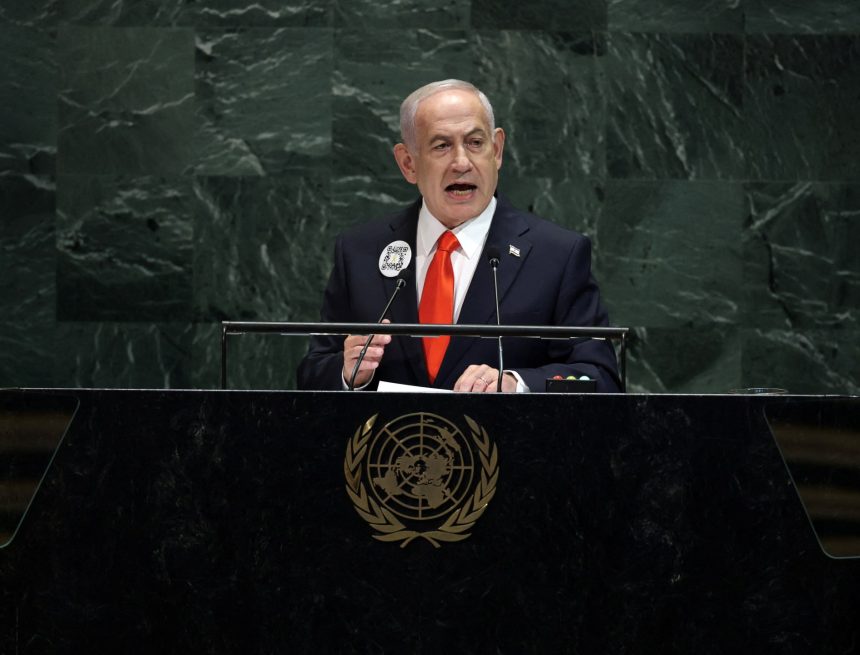In the early part of this year, as the US vice-president, JD Vance, berated European leaders in Munich, and Volodymyr Zelenskyy was subjected to a televised mauling in the White House, it became starkly apparent that the bonds of solidarity between the European Union and Ukraine would need to be strengthened to cope with a new geopolitical reality. As 2025 draws to a close, a moment of reckoning has arrived.
According to EU estimates, Ukraine will need more than €70bn in extra financial assistance next year to keep defending itself against Vladimir Putin. That money won’t be coming from Washington, where Donald Trump has refused to seek new funding for military aid from Congress. Yet Kyiv’s ability to negotiate an acceptable peace depends on its capacity to withstand Mr Putin’s relentless war of attrition, which is designed to drain Ukraine of the resources necessary to resist, and to weaken the resolve of its European allies.
The International Monetary Fund, currently in negotiations with Kyiv over new loans reportedly worth about $8bn, has warned that its own decisions will depend on what the EU decides to come up with. The threat of a disastrous cash crunch by the spring, which could lead to a drying up of funds for basic social infrastructure as well as the military, is real. The risk of potentially catastrophic damage to morale, and Ukrainian bargaining power, is obvious. But until now, the urgency of the situation has not been matched by a swiftness of response in Brussels.
After months of debate – and wrangling at a European Council summit in October – the idea of a €140bn “reparations loan” to Ukraine underwritten by frozen Russian assets has still to be agreed. If Belgian legal reservations – the money is held in a Belgium‑based financial institution – cannot be overcome, a possible alternative would involve EU member states raising the cash themselves through the issuance of common debt. That would be unpopular with the so-called frugal countries of northern Europe. But as the European Commission president, Ursula von der Leyen, pointed out this week, “perfect or simple solutions … do not exist”.
The prevarication needs to have ended by the time EU leaders meet in December for the last council meeting of the year. The sabotage of Poland’s rail network, attributed by Warsaw to Ukrainian citizens working for Russian intelligence, again raised fears over the extent to which Moscow is prepared to use hybrid warfare in Nato countries to advance its aims. To invest in the protection of Ukraine is also to invest in Europe’s future security, as Mr Putin seeks a carve-up that would allow him to cast a long and menacing shadow over the EU’s eastern flank.
This week, Mr Zelenskyy was once again touring European capitals, seeking to bolster Ukrainian defences as a fourth winter of war approaches. His lobbying task has been complicated by a new corruption scandal involving kickbacks at Ukraine’s nuclear energy body. As Kyiv seeks to push forward in talks on EU accession, that is a damaging blow. But a year that began with a dismal turn of events in Washington for the Ukrainian president needs to end with good news from Brussels. Mr Putin believes he is able, if necessary, to outlast Ukraine and the EU to achieve his revanchist goals. He must be disabused of that notion.
-
Do you have an opinion on the issues raised in this article? If you would like to submit a response of up to 300 words by email to be considered for publication in our letters section, please click here.


